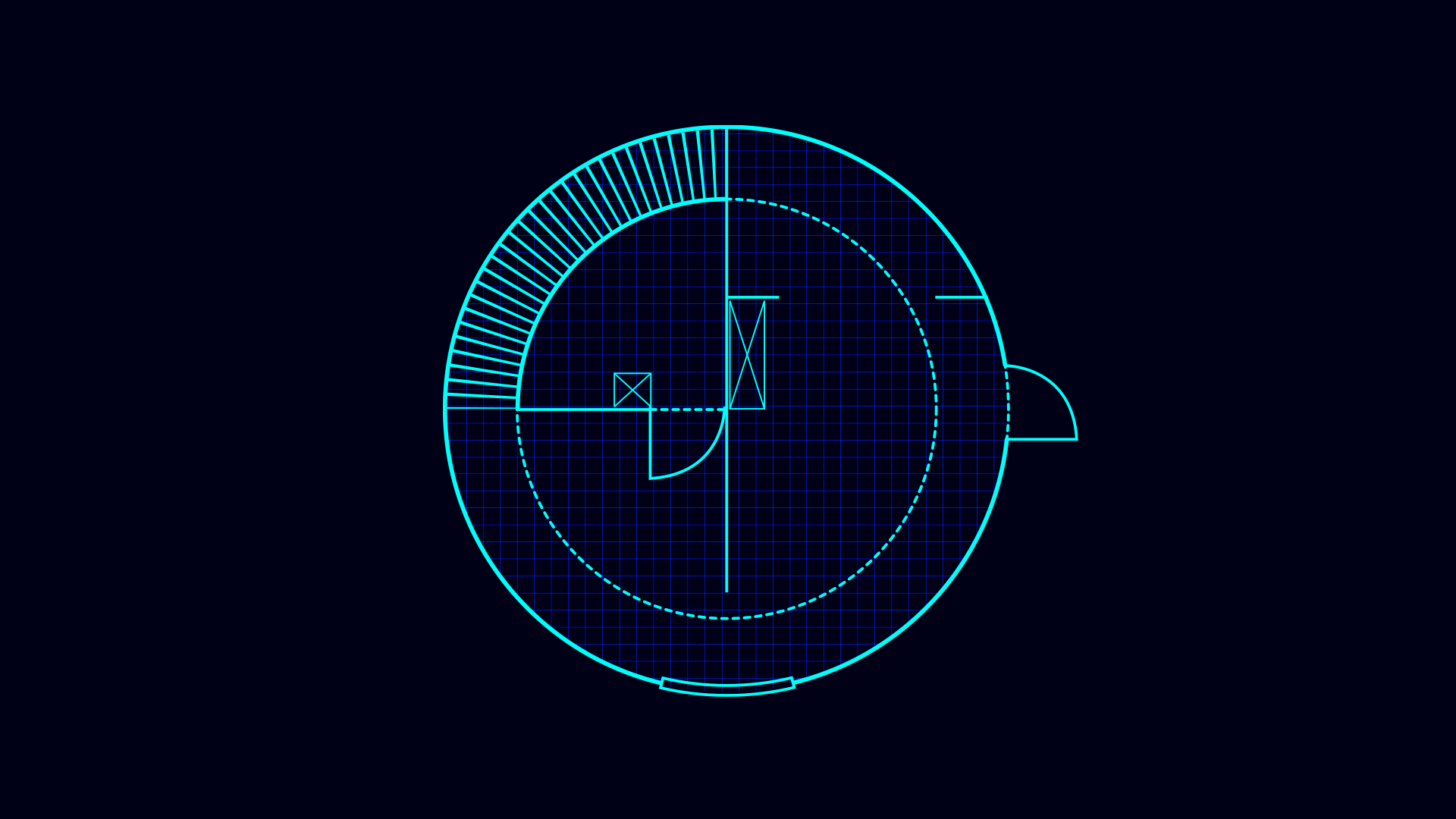Different studies carried out in recent years identify a growing tendency for the world's population to move from more rural environments to concentrate in large urban areas. Nowadays, citizens, professionals, businessmen, owners, urban planners, politicians and technicians in these large cities are redirecting their projects towards a self-sufficient model of city that brings together functionality and survival of future generations on the basis of environmental, economic and social sustainability of the urban environment.
These cities gather more and more people from different places, habits and lifestyles. Their growth requires new creative solutions that respond to the needs of the citizen and the challenges of collective organization that large agglomerations represent. In this sense, there are defiances that can only be solved by interior designers willing to reformulate the current spaces and propose innovative ways of inhabiting.
How can we use the technologies at our disposal and incorporate new materials to optimize the places we inhabit? What should working spaces be like today to balance well-being, technology, productivity and to generate individual talent and the collective intelligence of multidisciplinary teams? How can we create environments that facilitate human relations and cater for new forms of socialization?
This master offers students the perfect platform to present and develop new proposals for spaces of residence, work and social interaction that will enable them to carry out viable responses to global trends.








